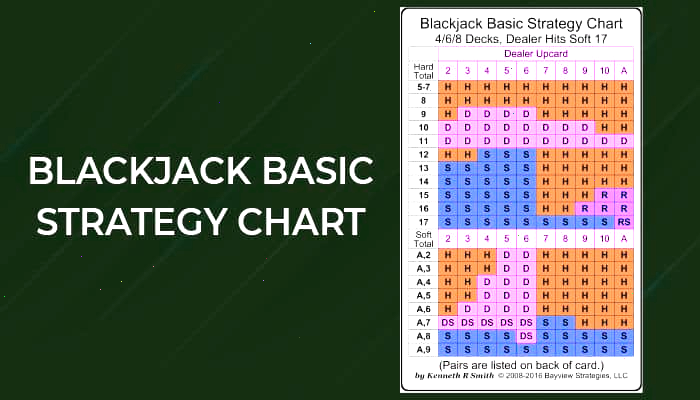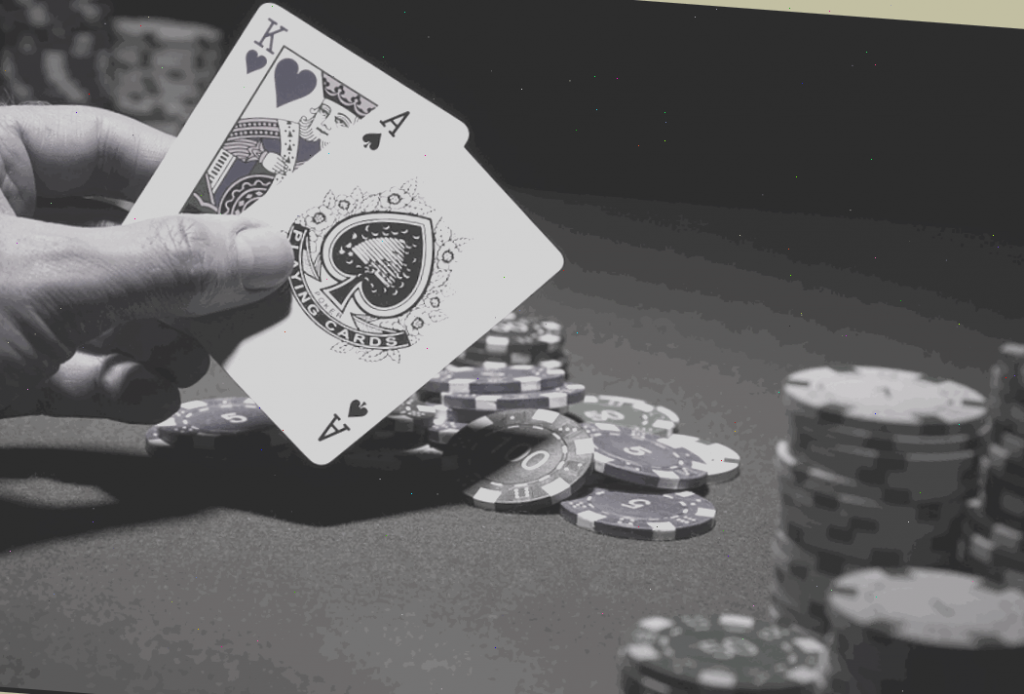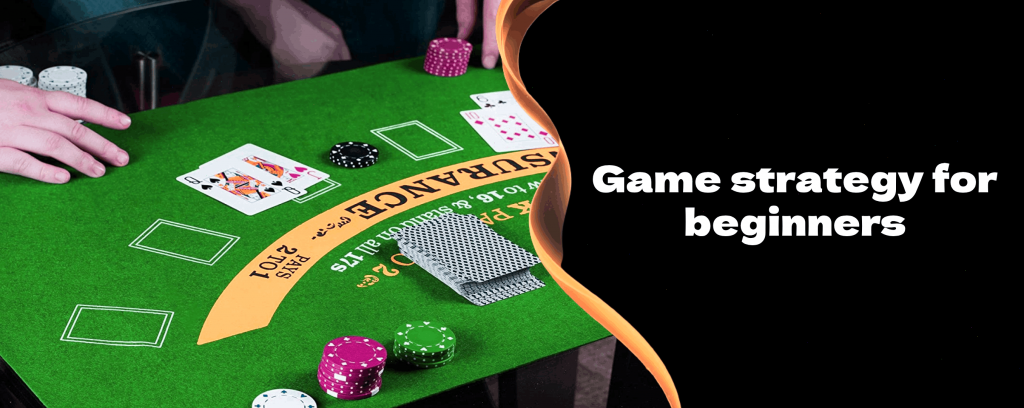
Blackjack has earned its place as one of the most beloved casino games, captivating players across the UK and around the globe. Whether enjoyed at a plush table in a traditional casino or on a sleek online blackjack site, this game offers a harmonious blend of simplicity and strategic depth. Its unique appeal lies in being accessible to novices while rewarding experienced players who take the time to master its strategies. Blackjack is easy to pick up, yet those who understand its fundamental tactics can significantly enhance their chances of success. In this guide, we’ll take you through the essentials, providing a step-by-step introduction to get you started with this timeless card game.
The Essence of Blackjack: Where Strategy Meets Chance

Blackjack is played using one or more decks of standard playing cards, and every hand unfolds as a battle of wits between the dealer and each individual player. This straightforward yet dynamic nature makes it a popular pick for both land-based and online casinos. In the UK, where the game enjoys particular popularity, players flock to it for its fast pace and the chance to sharpen their skills through practice. Whether you want to know how to play blackjack for fun or aim to develop a more calculated approach, the balance of luck and strategy makes it a rewarding experience for all types of gamers.
Blackjack Rules
Basic Setup
Blackjack may be played with one to eight decks of cards and typically consists of one to seven players seated at a table facing a dealer. Having a hand total that is higher than the dealer’s but not more than 21 is the goal for each player.
Card Values
| Card | Value |
| 2-10 | Face value (e.g., 5 = 5, 8 = 8) |
| Face Cards | 10 (Jack, Queen, King) |
| Ace | 1 or 11 (whichever benefits the hand) |
This table summarizes the values of cards in blackjack, with Aces offering flexibility to enhance the player’s hand.
The Goal
Beating the dealer is the main objective. There are several methods to achieve this:
- Surpassing the dealer’s hand total without going over 21.
- Letting the dealer to lose (betray 21).
- Obtaining blackjack—a face card or 10 coupled with an Ace—when the dealer doesn’t.
Gameplay
The structure of blackjack unfolds like a masterfully choreographed performance, with each stage building anticipation and excitement:
- Placing the Bets: The foundation of the game is laid as players commit to their initial wagers, setting the stakes for the round ahead.
- The Deal: Adding an element of mystery, the dealer deals one card face-up and one face-down to themselves while distributing two cards to each player. This subtle intrigue keeps players guessing about the dealer’s hidden hand.
- Player Decisions: Here, the game transforms into a strategic duel. Players evaluate the strength of their hand in relation to the dealer’s visible card and choose their next move—whether to hit for another card, stand with their current hand, split a pair into two separate hands, or double down to raise the stakes for a single additional card.
- Dealer’s Turn: Once all players have made their choices, the spotlight shifts to the dealer. Following strict rules, the dealer must continue drawing cards until their hand totals at least 17, ensuring a consistent playing standard.
- The Final Showdown: With all hands revealed, the comparison begins. The outcome of each hand determines whether bets are won or lost, bringing the round to a dramatic conclusion where fortunes can change in an instant.
Key Terms Every Player Should Know
Understanding some of the most important Blackjack terms is crucial for success:
| Term | Definition |
| Hit | Asking for one more card to strengthen your hand. |
| Stand | Keeping your current hand without taking additional cards. |
| Bust | Exceeding 21, resulting in an automatic loss. |
| Blackjack | An Ace plus a 10-value card make up a hand that usually pays 3:2. |
| Double Down | Getting just one additional card in return for double your initial wager. |
| Split | Dividing a pair into two distinct hands, each of which needs a wager equal to the first. |
| Insurance | A side wager that pays 2:1 if the dealer has blackjack and is offered when the dealer displays an Ace. Beginners are not advised to use this. |
| Surrender | Giving up half your bet to forfeit your hand early and avoid losing the full amount. |
This table provides a concise overview of essential blackjack terms, helping players understand the actions and strategies needed to succeed at the game.
Basic Blackjack Strategy for Beginners

Basic blackjack strategy is a crucial technique for increasing your odds of winning and decreasing the house edge. Players may make statistically optimum choices for any potential hand combination by employing strategy charts and recommendations. Blackjack may be changed from a game of pure luck to one in which you have a strategic edge by being aware of these tactics.
Key Strategy Tips:
- Visualize the Dealer’s Hidden Card as a 10: Always play under the assumption that the dealer’s face-down card is worth 10. This mindset helps you make more calculated decisions, anticipating the worst-case scenario.
- Stand Firm on 17 or Higher: If your hand totals 17 or more, it’s usually wise to stand. Drawing another card carries a significant risk of going bust, which is best avoided.
- Hit on 12-16 Against a Dealer’s 7 or Higher: When your hand totals between 12 and 16, and the dealer’s visible card is a 7 or higher, the odds are against you. In this situation, taking a hit is often the smartest choice.
- Always Split Aces and 8s: Splitting Aces and 8s gives you the opportunity to turn weak or problematic hands into more favorable outcomes. This move maximizes your potential for a winning hand.
- Never Split a Pair of 10s: A pair of 10s forms a powerful 20, just one point shy of a perfect blackjack. Splitting them would dilute a strong hand, so keep them together to increase your chances of winning.
- Double Down on 10 or 11 When the Dealer Shows a Lower Card: If your hand totals 10 or 11, and the dealer’s visible card is 9 or below, it’s the perfect time to double down. This play increases your bet while giving you a higher chance of securing a winning hand.
These basic strategies won’t guarantee a win every time, but they will help you make decisions that statistically give you the best chance of winning, significantly reducing the casino’s edge. As you become more comfortable with these strategies, you can begin exploring advanced tactics that further reduce the house advantage.
When to Hit, Stand, or Double Down
Knowing when to hit or stand in blackjack is crucial to your success. Here are some common situations and the appropriate action to take:
- Hit on Soft 17: A soft 17 (Ace + 6) is a flexible hand, and hitting can improve your chances without the risk of busting.
- Stand on Hard 17 or More: A hard 17 or more is generally a strong hand, and standing is the best choice.
- Double Down on 11: If you have an 11, especially if the dealer shows a lower card (e.g., 6), you should double down.
- Aces and eights should always be separated. While splitting 8s might improve a weak beginning hand, splitting Aces provides you the opportunity to make several powerful hands.
Having a clear understanding of these decision points can significantly affect your overall performance in the game. Practice makes perfect, and using these strategies consistently will build your confidence and skill.
Understanding Blackjack Payouts
Understanding the blackjack payout structure is essential for managing your bets and maximizing profits:
- Blackjack Payout: A natural blackjack (an Ace plus a 10-value card) pays 3:2. For example, if you bet £10, you will receive £15 in winnings.
- Regular Win: If you beat the dealer without getting blackjack, you receive a 1:1 payout. This means if you bet £10, you get £10 in winnings.
- Insurance Payout: If the dealer shows an Ace, you can take insurance, which pays 2:1 if the dealer has blackjack. However, taking insurance is usually not recommended as it increases the house edge.
Be cautious of variations in payout structures, such as 6:5 blackjack games, as these offer a lower payout than the standard 3:2 and can increase the house edge. Understanding these payouts will help you determine the best tables to play at and maximize your potential returns.
Exploring the Many Variations of Blackjack
Each variation of blackjack adds its own twist to the classic format. These versions keep the game exciting and require slight adjustments in strategy.
- European Blackjack: The dealer receives only one card initially and draws the second card after players complete their moves, adding an extra layer of suspense.
- Vegas Strip Blackjack: Played with four decks, this version allows more liberal splitting and doubling rules, enhancing players’ opportunities.
- Single Deck Blackjack: A game for purists, offering better odds with only one deck, though 6:5 payouts instead of 3:2 compensate for the reduced house edge.
- Atlantic City Blackjack: This version includes player-friendly rules like surrender options and requires the dealer to stand on soft 17.
- Spanish 21: With all 10-value cards removed from the deck, the house edge increases, but player-friendly perks such as late surrender and double down after splitting balance things out.
| Blackjack Variation | Decks Used | Key Rules | Payout | Player Advantages |
| European Blackjack | 2-8 decks | Dealer takes second card after players finish | 3:2 | Increased strategic decisions |
| Vegas Strip Blackjack | 4 decks | Double down on any two cards, split 3 times | 3:2 | Multiple splits allowed |
| Single Deck Blackjack | 1 deck | 6:5 payout, smaller house edge | 6:5 | Lower house edge, strategic simplicity |
| Atlantic City Blackjack | 8 decks | Dealer stands on soft 17, surrender allowed | 3:2 | Surrender option, soft 17 advantage |
| Spanish 21 | 6-8 decks | No 10s, late surrender, double after split | 3:2 | Flexible rules, more player options |
Exploring these variations can add a new level of excitement to your blackjack experience. Each version has unique rules that may require slight adjustments to your strategy.
Playing Blackjack Online in the UK
Both new and seasoned players may enjoy online blackjack UK from the comfort of their homes with the help of online blackjack UK services. The following are a few advantages of playing blackjack online:
- Low Stakes and Practice Modes: Many online casinos offer low-stakes games and free demo modes, which are ideal for beginners to practice without risking real money.
- Convenience: Use a desktop computer or mobile device to play at any time and from any location. You may play blackjack whenever you want with the freedom that comes with playing it online.
- Bonuses and Promotions: When playing blackjack, online casinos frequently provide deposit match deals or welcome bonuses. By taking advantage of these deals, you may boost your chances of winning and get more money to play with.
Make sure the online blackjack site you choose has a UK Gambling Commission (UKGC) license, since this ensures the casino runs safely and fairly. With live dealer blackjack, which is offered by a number of reliable online casinos, you may get the real casino experience without leaving your house.
Conclusion & Final Tips
Mastering blackjack basics is the first step toward enjoying one of the most engaging and rewarding games in any casino. Whether you’re playing at a physical location or at online casinos with blackjack, understanding the blackjack rules, employing basic blackjack strategy, and knowing when to hit or stand are crucial skills. Take advantage of online demo games to practice and always remember to play responsibly.
Blackjack is a game where both luck and skill come into play. By learning the fundamentals and practicing regularly, you can reduce the house edge and have a more enjoyable experience. If you’re ready to test your skills, consider registering with a trusted UK online casino, use the practice mode to get comfortable, and then dive into the exciting world of blackjack.
Frequently Asked Questions (FAQ)
What are the card values in blackjack?
Number cards (2-10) are worth their face value, face cards (Jack, Queen, King) are worth 10, and Aces can be worth 1 or 11.
When should you hit in blackjack?
You should hit when your hand value is below 17 and the dealer shows a 7 or higher.
What is doubling down in blackjack?
Doubling down allows you to double your initial bet in exchange for receiving one more card. It is usually done when you have a strong hand like 10 or 11.
Can I play blackjack online in the UK?
Yes, blackjack is available in many licensed UK online casinos, offering various stakes and game types.
















